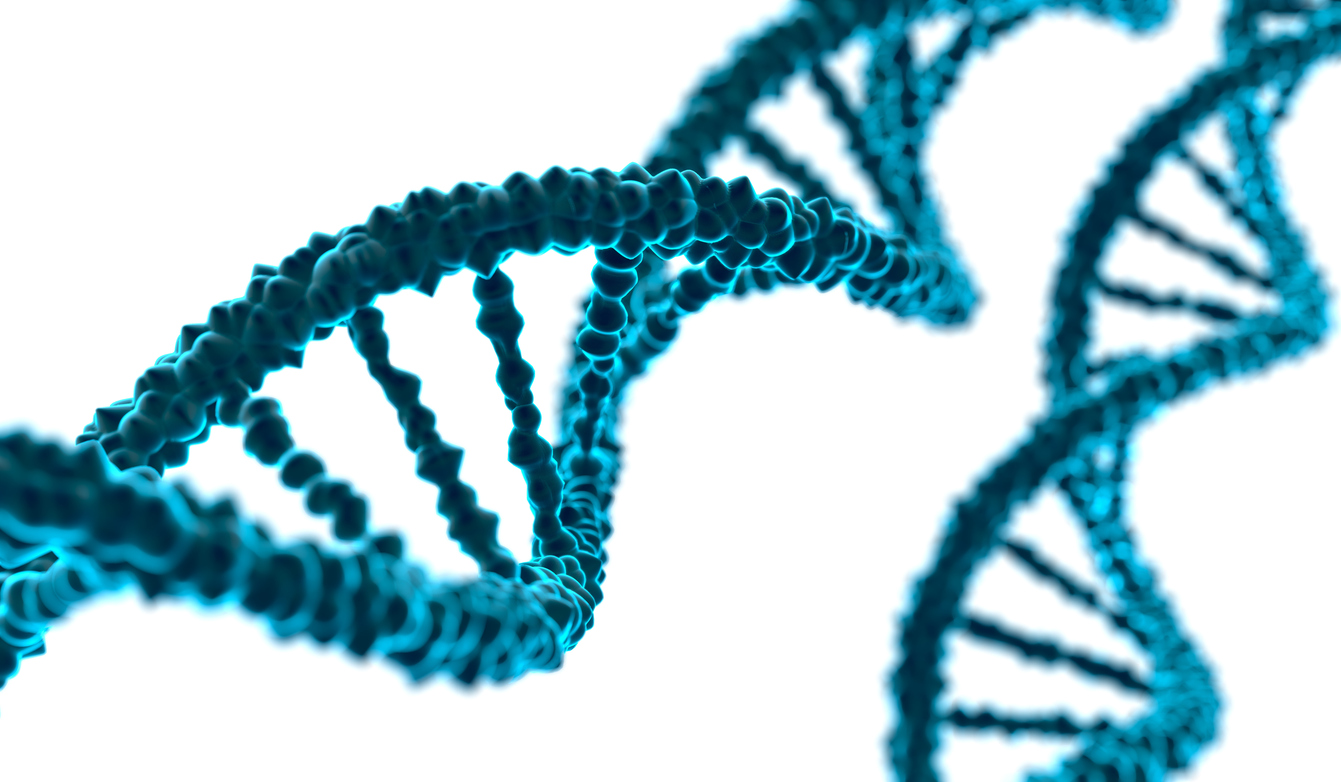23andMe aims to make DNA research more diverse


A free daily email with the biggest news stories of the day – and the best features from TheWeek.com
You are now subscribed
Your newsletter sign-up was successful
Underrepresented communities already face disparities in health outcomes, but a lack of diverse genetic material available for research is said to be compounding the issue.
The DNA analysis service 23andMe wants to change that.
On Tuesday, 23andMe launched the Populations Collaborations Program, which will offer "financial and scientific support" to researchers from across the globe. The hope is that the program can bolster efforts to genetically profile people from places in Africa, Asia, and the Americas, 23andMe explained in a press release, which will in turn strengthen DNA analysis for those populations.
The Week
Escape your echo chamber. Get the facts behind the news, plus analysis from multiple perspectives.

Sign up for The Week's Free Newsletters
From our morning news briefing to a weekly Good News Newsletter, get the best of The Week delivered directly to your inbox.
From our morning news briefing to a weekly Good News Newsletter, get the best of The Week delivered directly to your inbox.
Participants in the collaboration program will answer demographic-related questions and spit into sample tubes, which will go to 23andMe for genetic profiling. The resulting data will be sent back to researchers in the underrepresented communities. 23andMe believes this will "support researchers who are working with understudied populations and thereby expand genomic studies to be more inclusive," the company wrote.
"Many populations around the world remain missing from genomic databases," said anthropology professor Brenna Henn, adding that 23andMe's initiative "provides an exciting new mechanism to improve our understanding of human history and genetic diversity." Read more at 23andMe.
A free daily email with the biggest news stories of the day – and the best features from TheWeek.com
Mary Catalfamo is a web intern at The Week. She's a junior at Syracuse University, where she studies journalism and English textual studies. Direct book recommendations and jokes about her hometown of Buffalo, New York to her Twitter.
-
 The ‘ravenous’ demand for Cornish minerals
The ‘ravenous’ demand for Cornish mineralsUnder the Radar Growing need for critical minerals to power tech has intensified ‘appetite’ for lithium, which could be a ‘huge boon’ for local economy
-
 Why are election experts taking Trump’s midterm threats seriously?
Why are election experts taking Trump’s midterm threats seriously?IN THE SPOTLIGHT As the president muses about polling place deployments and a centralized electoral system aimed at one-party control, lawmakers are taking this administration at its word
-
 ‘Restaurateurs have become millionaires’
‘Restaurateurs have become millionaires’Instant Opinion Opinion, comment and editorials of the day
-
 Nobody seems surprised Wagner's Prigozhin died under suspicious circumstances
Nobody seems surprised Wagner's Prigozhin died under suspicious circumstancesSpeed Read
-
 Western mountain climbers allegedly left Pakistani porter to die on K2
Western mountain climbers allegedly left Pakistani porter to die on K2Speed Read
-
 'Circular saw blades' divide controversial Rio Grande buoys installed by Texas governor
'Circular saw blades' divide controversial Rio Grande buoys installed by Texas governorSpeed Read
-
 Los Angeles city workers stage 1-day walkout over labor conditions
Los Angeles city workers stage 1-day walkout over labor conditionsSpeed Read
-
 Mega Millions jackpot climbs to an estimated $1.55 billion
Mega Millions jackpot climbs to an estimated $1.55 billionSpeed Read
-
 Bangladesh dealing with worst dengue fever outbreak on record
Bangladesh dealing with worst dengue fever outbreak on recordSpeed Read
-
 Glacial outburst flooding in Juneau destroys homes
Glacial outburst flooding in Juneau destroys homesSpeed Read
-
 Scotland seeking 'monster hunters' to search for fabled Loch Ness creature
Scotland seeking 'monster hunters' to search for fabled Loch Ness creatureSpeed Read
